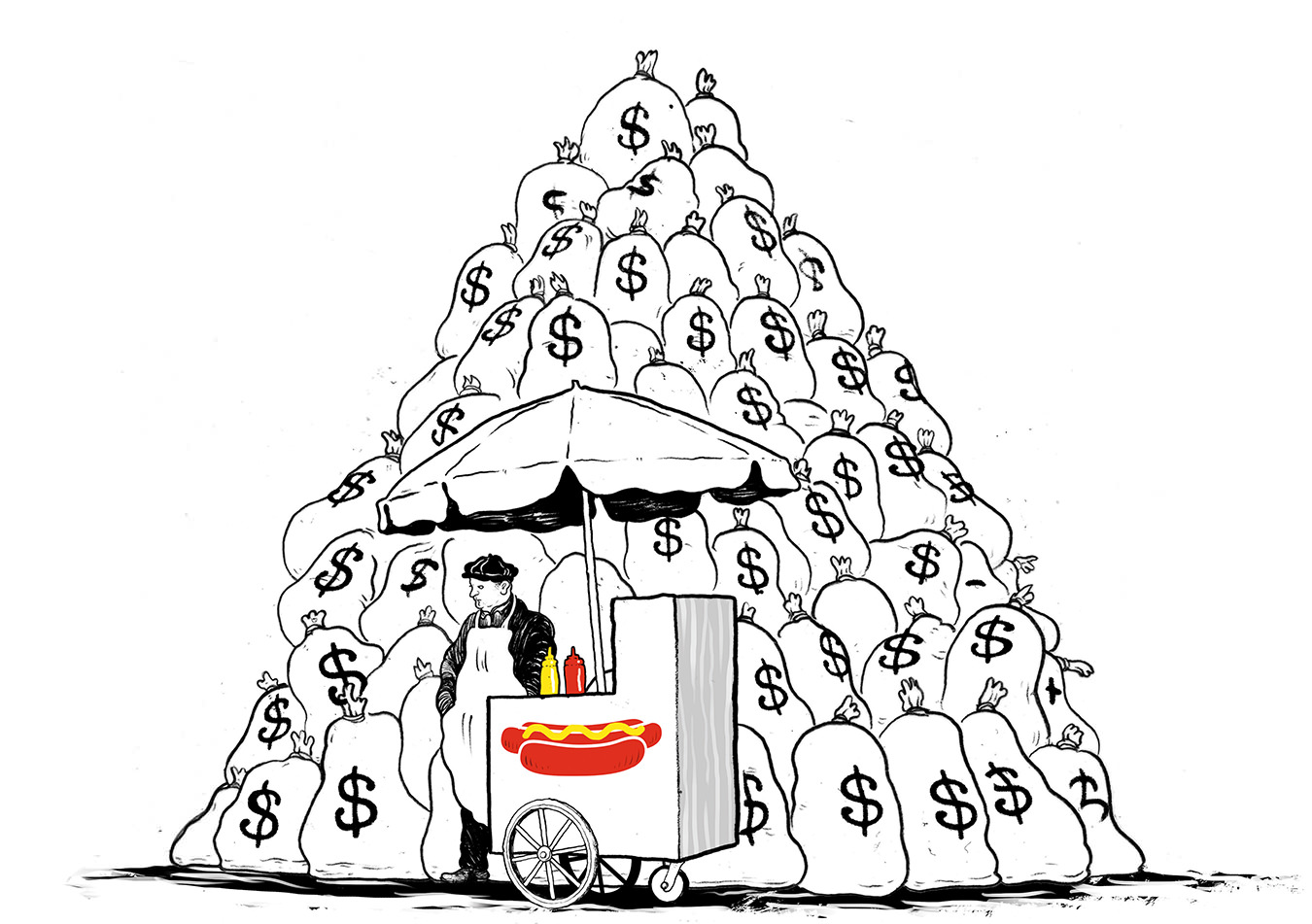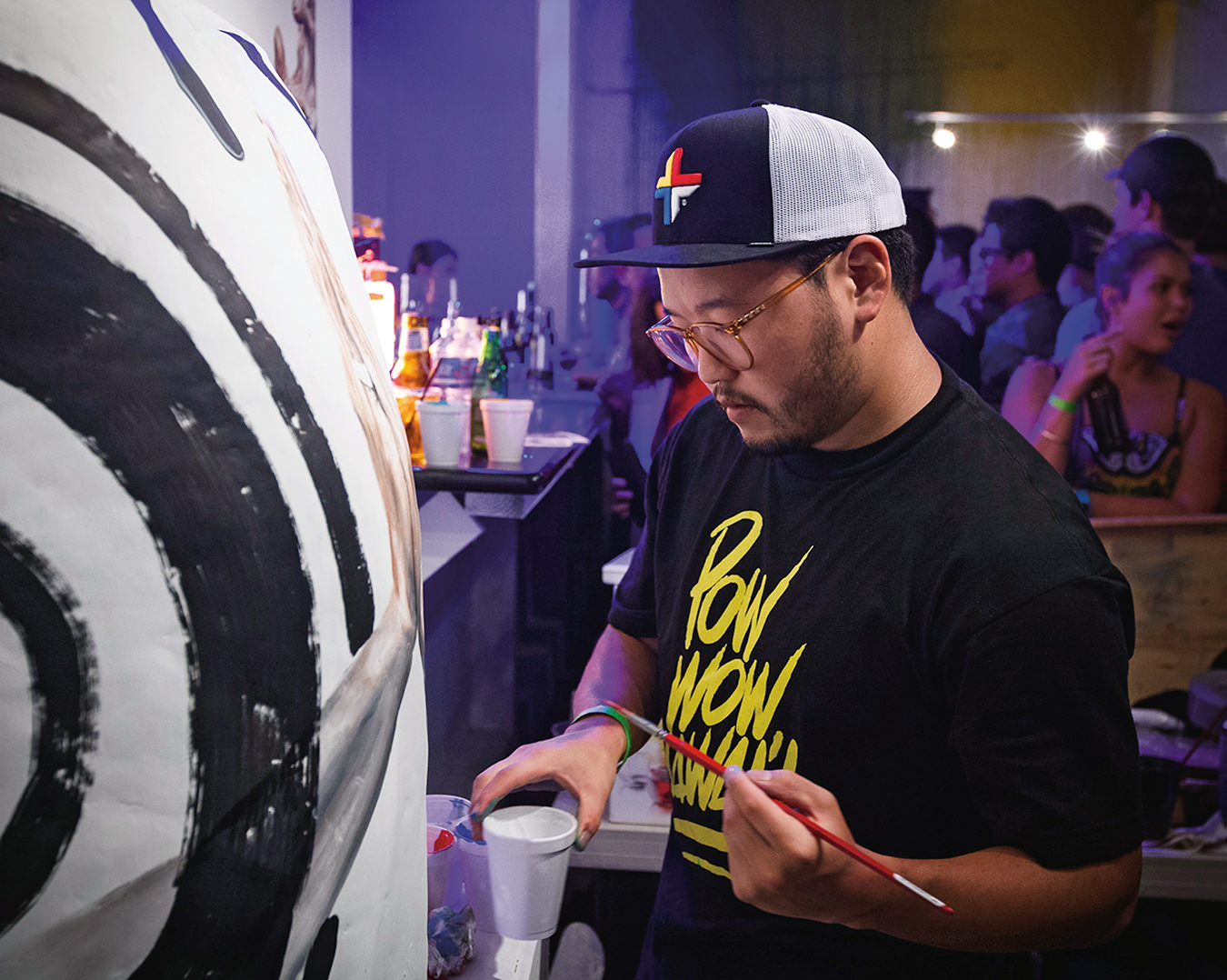Connie Stacey Is Leading the Charge in Canadian Battery Technology
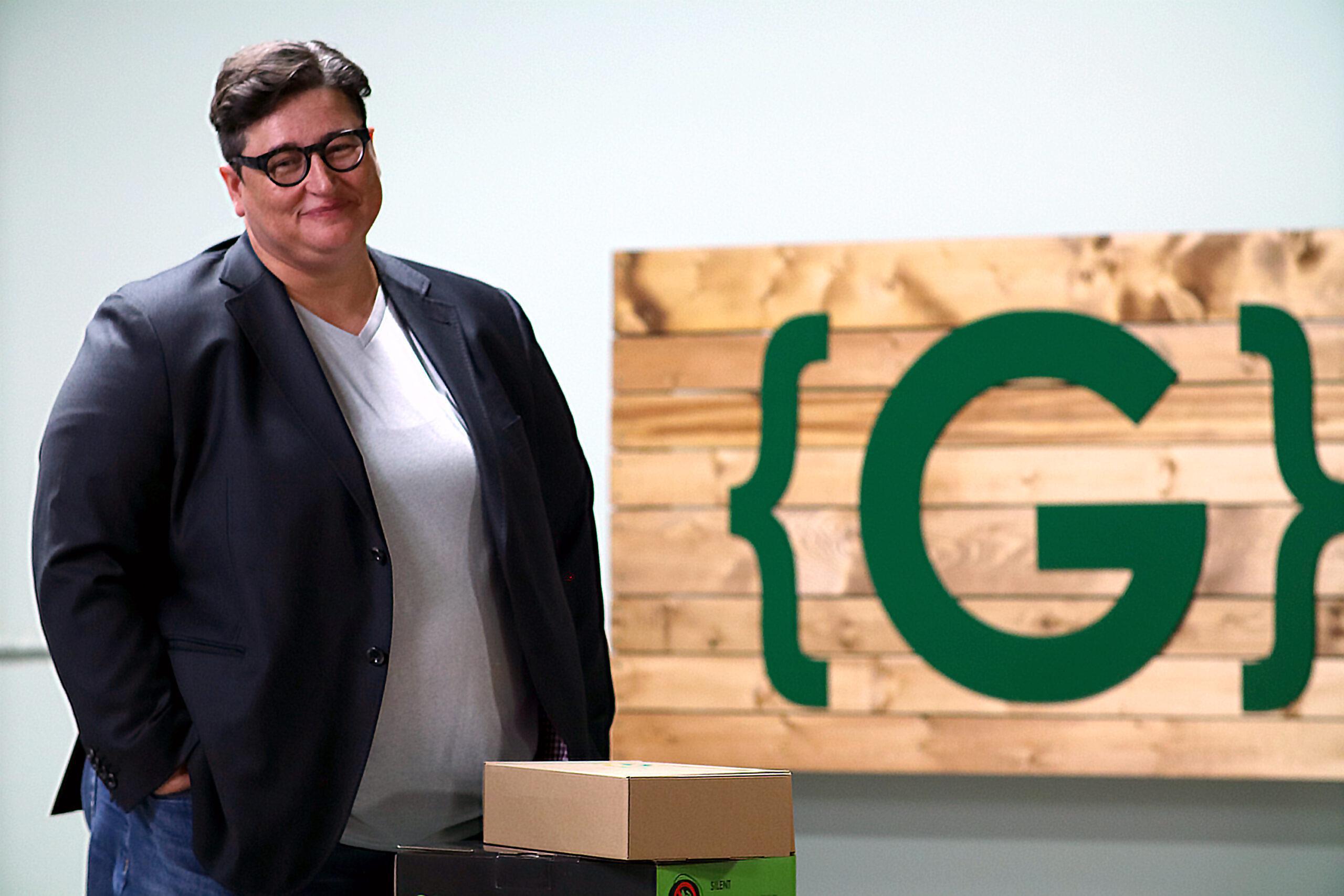
What if you were told that a Canadian business was leading the charge in smart battery technology capable of powering entire refugee camps or remote villages? And what if you were also told that this company was not a group of super-billionaires from Silicon Valley but rather the brainchild of a gay woman from a small town in rural Newfoundland? Well, it’s true, and that woman’s name is Connie Stacey, the founder of Growing Greener Innovations and recent winner of the $50,000 prize in the Forum’s Pitch for the Purse for women entrepreneurs.
The combination of growing up in Newfoundland and in Alberta made Stacey hyperaware of energy production and its usage. After working for a time in sports administration and then software development, she became interested in the technology of batteries as a way of bringing energy to remote places. In 2015, the market for efficient portable batteries was just starting to open up, and in it she saw a profound way to create a sustainable business that could also help the world.
The inspiration for the specific use of batteries where she would make her intervention came while driving with her wife and children. Just as the children fell asleep, they drove past a noisy generator at a construction site. She remembers how jarring it was, hoping it wouldn’t wake the children. It was then that she started to question the traditional diesel generator. It is noisy, smelly, and bad for the environment. There had to be a better option. After talking with people who worked with generators, she realized that by far the biggest obstacle was making batteries relatively easy to recharge on the fly.
Her concern with energy stems from the systemic problems that can be addressed by improving battery technology. “One of the things that a lot of people don’t recognize is that studies have shown that access to energy is perfectly correlated to economic growth,” she explains. “So if you want to attack a problem like poverty, you literally have to tackle energy poverty to succeed.”
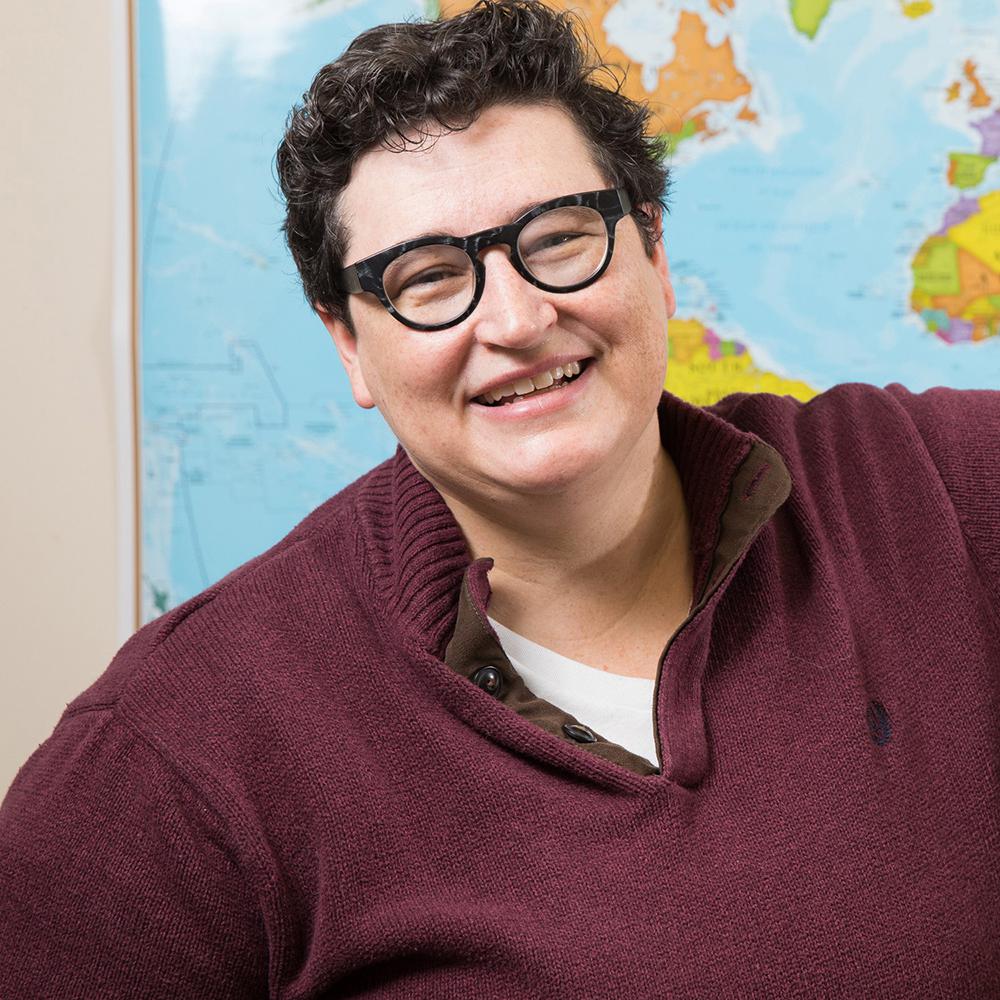
More than a billion people worldwide have zero access to electricity. Stacey says that this problem is almost invisible in Canada, where most people have access to electricity in some form. She realized that one of the biggest obstacles in bringing energy to places that need it is reducing the installation cost of remote power grids. By using batteries that are stacked on top of each other and easily replaceable alongside smart technology, Stacey and her team believe they have begun to really address some of the problems that have plagued energy activists for decades.
“We’re a social enterprise,” Stacey says on managing a company aimed at doing good while maintaining profits. “And for us, that really comes down to basically a triple bottom line. It can’t be just profit; it also has to be with people and the planet in mind.” She believes that only through this more holistic approach can the world-changing potential of her technology be brought to fruition.
“Just like the cellphone brought communications to people in the most remote areas of the world, we will be able to bring power there in a way that’s never been accessible before,” she notes.
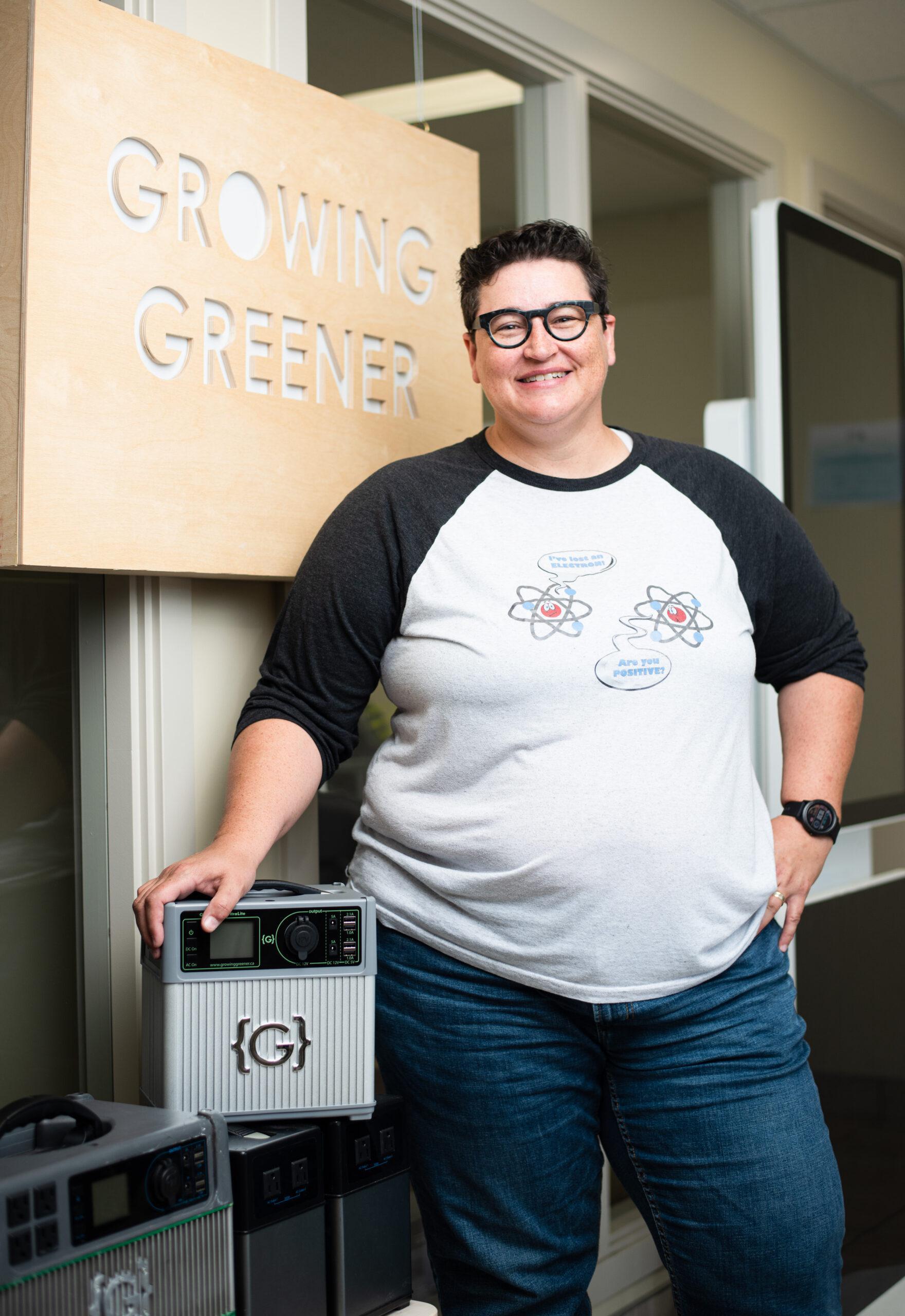
It wasn’t always smooth sailing for Stacey and her company, which features, coincidentally, an all-women executive team. “No one was interested,” she remembers. Support did not come quickly until Growing Greener won a contest held by the U.S. Department of Defense that asked entrants to put forth innovative and sustainable new technologies. “That really helped us move past that initial, unconscious bias,” she says.
After overcoming the challenges of being a woman in a male-dominated space as well as being gay, Stacey says the most important thing for young women who want to make it in the tech space is to just keep going no matter what. She says you need to be determined and creative to find ways to get word out about your idea. “It gets harder before it gets easier,” she says. Stacey has had to develop thick skin. “If I can do something that’s going to make it easier for people coming behind me, then I’m going do it,” she says proudly.
Because of the company’s success, Stacey has been able to support other women in the social enterprise space. She cites the example of a donation of batteries to Thembi Bheka, a Zimbabwean woman living in Kelowna who sets up centres to give job training to disadvantaged women.
Hopefully both Stacey’s business and the model it’s inspiring continue to thrive as she addresses the pressing problem of energy distribution.


